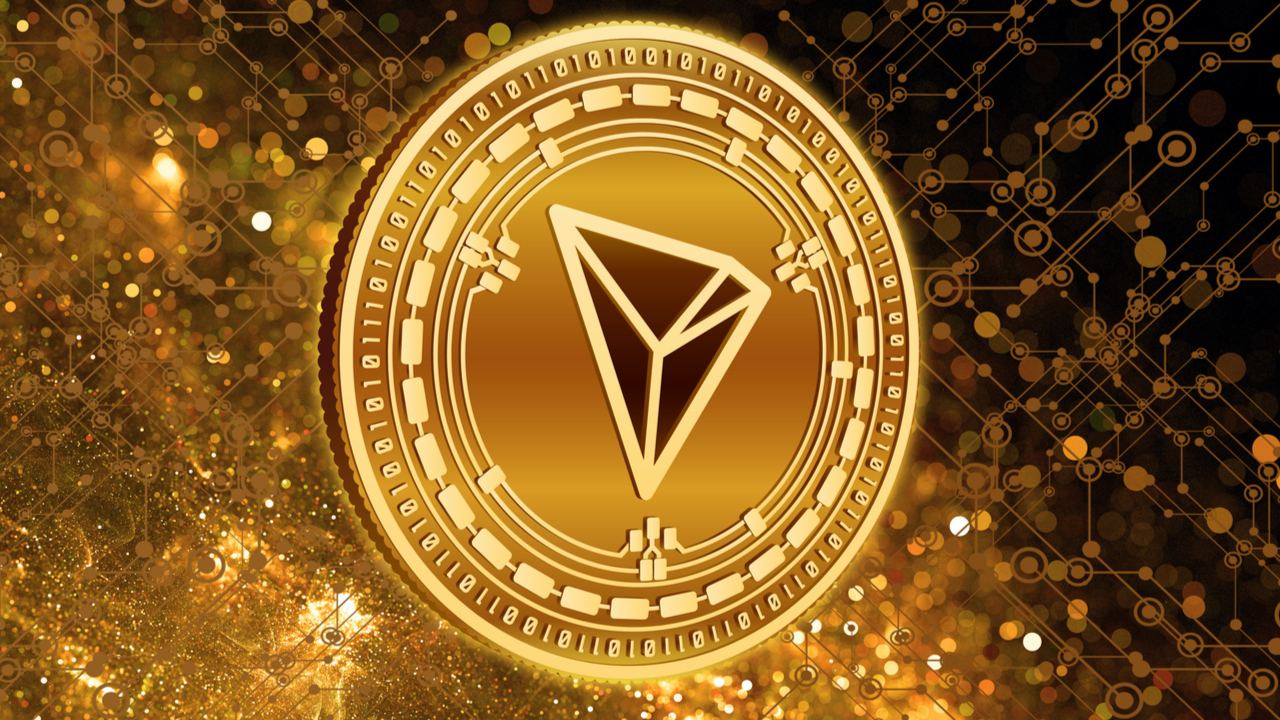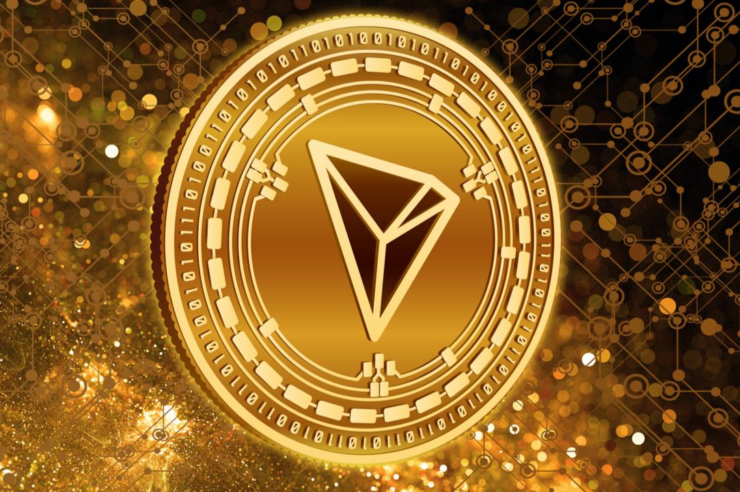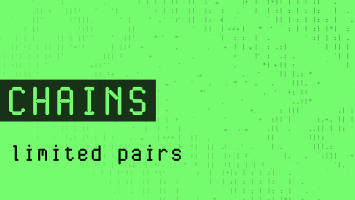
On May 5, Tron’s algorithmic stablecoin USDD went live and so far, the fiat-pegged token has been listed on a number of decentralized finance (defi) protocols. Two days later, the Tron DAO Reserve announced it purchased 504.6 million tron (TRX) to back the algorithmic stablecoin, as the project aims to leverage a decentralized forex reserve similar to Terra’s UST reserves.
Tron DAO Reserve and Justin Sun Reveal a $38 Million TRX Purchase
Terra’s UST reserve system is becoming a popular scheme, and Tron’s USDD stablecoin project is following the pattern. Bitcoin.com News reported on Tron’s algorithmic stablecoin project on April 21, and since then the fiat-pegged crypto asset has officially launched. The project has a number of partners now and USDD is listed on Pancakeswap, Kyberswap, Sunswap, Sun.io, Curve Finance, Uniswap, and Ellipsis.
According to tronscan.org, there’s approximately 211,245,005.49 USDD at the time of writing. Statistics show on Saturday, May 7, 2022, Uniswap version three (v3) is the most active exchange to buy and sell USDD. While USDD’s $211 million market capitalization is small potatoes to Terra’s UST ($18.7B), its only been around for two days. While terrausd (UST) saw $990.3 million in 24 hour trades, USDD saw $2.31 million during the past day. USDD’s market valuation is larger than gemini dollar’s (GUSD) $199.5 million market capitalization.
On Saturday, the Tron DAO and Tron’s founder Justin Sun announced that the team purchased 504,600,250 TRX at an average price of 0.07727 per unit. The purchase will be used as a reserve asset to “safeguard the overall blockchain industry and crypto market,” Tron DAO Reserve account said on Saturday afternoon.
“[Tron DAO Reserve] has done its job,” Tron’s founder Justin Sun tweeted this weekend.
Decentralized, Algorithmic, and Centralized — The Quest to Perfect the Stablecoin Continues
Even though decentralized and algorithmic stablecoins sound cool in theory, there are concerns and questions about whether or not they can maintain a stable peg for as long as they exist. Of course, some centralized stablecoin projects in the past have failed, and Makerdao’s decentralized DAI stablecoin was tested during the March 12, 2020 ‘Black Thursday’ event. Makerdao uses an over-collateralization (OC) process to secure DAI’s USD peg, and two years before the March 12th event, Bennett Tomlin’s blog post predicted ethereum’s (ETH) price stress that could affect DAI’s USD peg.
In November 2020, the OUSD stablecoin issuer, Origin Protocol suffered from a flash loan attack and the coin temporarily lost its peg. During the first week of April, the Waves-based stablecoin neutrino usd (USDN) temporarily dropped from the pegged dollar price. A year ago in April, the stablecoin fei usd’s (FEI) fiat value sunk below a dollar for a short period of time. So far a number of the aforementioned projects rebounded shortly after the lost peg, and the stablecoin projects have maintained a stable peg since then.
The Tron DAO Reserve purchase of 504,600,250 TRX was worth $38.99 million at the time of settlement. The TRX purchase also follows the recent acquisition of $1.4 billion worth of bitcoin (BTC) by the Luna Foundation Guard (LFG). The non-profit LFG now holds 80,394 BTC and $100 million worth of AVAX to safeguard UST. Moreover, Tron DAO has partnered with three crypto institutions who are now deemed whitelisted Tron DAO Reserve members. Tron DAO Reserve institutional partners include Poloniex, Alameda Research, and Amber Group, while Tron DAO Reserve acts as USDD’s “early custodian.”
What do you think about Tron’s algorithmic stablecoin USDD? What do you think about the project purchasing $38 million in TRX to safeguard the stablecoin’s peg? Let us know what you think about this subject in the comments section below.
Image Credits: Shutterstock, Pixabay, Wiki Commons
Disclaimer: This article is for informational purposes only. It is not a direct offer or solicitation of an offer to buy or sell, or a recommendation or endorsement of any products, services, or companies. Bitcoin.com does not provide investment, tax, legal, or accounting advice. Neither the company nor the author is responsible, directly or indirectly, for any damage or loss caused or alleged to be caused by or in connection with the use of or reliance on any content, goods or services mentioned in this article.






















Comments (No)